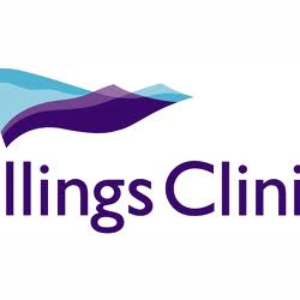By Casey Harper, The Center Square
Researchers analyzed nine U.S. cities that implemented vaccine mandates during the pandemic and found that those mandates had no real effect on the spread of COVID-19.
Now, those cities’ leaders are not responding to questions about their mandates and the economic impact they had on residents.
The study was conducted through George Mason University’s Mercatus Center and evaluated Boston, Chicago, Los Angeles, New Orleans, New York, Philadelphia, San Francisco, Seattle and Washington D.C.
Those cities announced some form of city-wide vaccine mandate in 2021, leading to economic hardship for local businesses and lost jobs for those who refused to comply.
“Our findings put into question the efficacy of city-level vaccine mandates,” the report said. “Indoor vaccine mandates caused large disruptions for many individuals and businesses. New York City, for example, fired 1,430 city workers for failing to comply with its vaccine mandate (Fitzsimmons, 2022). A survey found that over 90% of NYC restaurants reported having customer-related challenges, such as losing customers who objected to the mandate, and 75% having staff-related challenges (New York State Restaurant Association, 2021). Those are just a small fraction of the disruptions caused by the mandates.”
Despite the economic hardship they caused, the study found no noteworthy slow of COVID-19. Researchers said this was in part because residents could simply travel outside city limits to participate in any activities banned in the city.
[Bear in mind that Montana’s major cities all made attempts at shutting down businesses and mandated stay-at-home policies for workers – often to the point of establishing their own enforcement agents to do so.]
“We find no evidence that the announcement or implementation of indoor vaccine mandates in the cities listed had any significant effect on vaccine uptake, COVID-19 cases, or COVID-19 deaths, and this is largely consistent for all US cities that implemented the mandate,” the report said.
The Center Square reached out to the mayor’s offices for all nine cities to present the findings and ask if their respective governments made a mistake but received no response.
“I think the more important thing is to find out what was in the minds of the people both at the federal level and at the state and local level who imposed these policies,” said Bob Moffit, an expert at the Heritage Foundation who served as a senior official of the U.S. Department of Health and Human Services and the Office of Personnel Management during the Reagan administration.
“Because based on the data, these kind of comprehensive vaccine mandate policies, there is no other way to describe except as a stupid, ham-handed policy,” he added. “The economic consequences were awful.”
Vitor Melo, one of the researchers behind the report, told The Center Square his team was surprised by the results. They expected to find some benefit to the mandates.
“We were all surprised, and I think we were all surprised as we kept going with this how consistent the results were for all the cities,” Melo said.
The researchers hope this report impacts decision-making for these kinds of policies going forward.
“Public health restrictions and regulations were widespread during the COVID-19 pandemic, and so understanding their consequences is essential,” the report said. “The authors find that city-level mandates had smaller effect on vaccine uptake (and consequently on COVID-19 cases and deaths) than nationwide mandates – and thus failed to achieve their intended objectives.”






